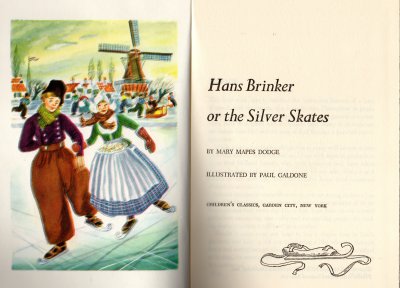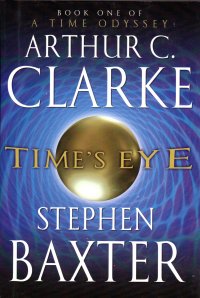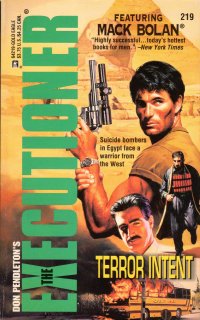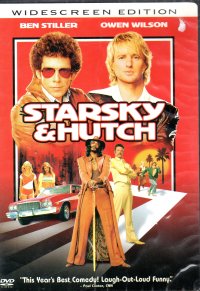You know, some years ago, on a Saturday morning, we were getting ready to go to a martial arts class. I had not loaded up my pockets with wallet, phone, keys, and whatnot when I stepped into the garage to load our gym bags into the back of the truck, and everyone came out to get into the truck and locked the door to the house. Gentle reader, we lock the door from the house to the garage consistently because we don’t want to just give the house to anyone who gets into the garage–and given that the boys like to come in with the garage door open, that could be easy to sum d00d. As I did not have the keys, we had to call my mother-in-law to come bring us a key.
Since that day, we have taken precautions. We have hidden a key in the garage, not that it takes much hiding with the garage as messy as it is. I am not sure I can find anything in there that is not hidden. And I have made sure when stepping out of the door, before locking it, to check to make sure I have my keys on me.
On Wednesday, I scheduled a mid-day martial arts class, but I worked a little later than I intended–it had been a while since I’d done a mid-day class, so I thought I had an extra ten minutes, but when I realized I leave at noon, not I start to get ready at noon, I flew into action. I got my gi on, tucked my wallet, keys, and phone into the gi, and headed out. Before I locked the door between the house and the garage, I patted to make sure I had the keys. I did.
As my beautiful wife had our primary truck, I was taking the secondary vehicle in the driveway. I gathered my bag and some hydration materials (one water, one Gatorade). And I stepped out the door between the garage doors, locking the door and pulling hard as the latch sticks a bit when it’s locked. Then I reached into my gi for my keys, for the infamous needlepoint fob, and….
I had grabbed the wrong keys.
In the same drawer where I keep my pocketstuffs, I have a keyring with all the strange and auxiliary keys that one accumulates over a lifetime. I culled my keyring a number of years ago, removing everything but my car keys and my house key from it, which lent itself to this collection. In addition to keys for bike locks I’ve never used, keys to trigger and cable locks, and keys to the family lockbox, the ring also has house keys to….what? My mother’s old house? My mother-in-law’s house? I don’t know, but it has several house keys on it. Just not any for our house.
And I was outside the house, not in the garage, so I couldn’t use the hidden key there.
So I called my beautiful wife, who cancelled a meeting and came back from Springfield to let me in.
However, I did get the chance to sit outside in 35 degree weather for thirty minutes to prove how Wisconsin tough I am. However, fortunately, the sun was out, and the gi is black. As I managed to stay out of the wind, it was not too bad.
So I have moved the auxiliary key ring so I don’t make that mistake again.
And for the next couple of weeks or months, you can rest assured I will check the keys harder when I step out of the house.



 As with Laura Ingalls Wilder’s
As with Laura Ingalls Wilder’s  The
The  Well, my first book of the year–why not make it one of the less than a handful of Executioner novels I have left? Especially since they’re really now something to be finished rather than really enjoyed by the late 1990s, when they’ve bloated a bit and have kind of lost their roots and what made them most enjoyable at their best–the philosophical musings.
Well, my first book of the year–why not make it one of the less than a handful of Executioner novels I have left? Especially since they’re really now something to be finished rather than really enjoyed by the late 1990s, when they’ve bloated a bit and have kind of lost their roots and what made them most enjoyable at their best–the philosophical musings.
 Not long after having Charlton Heston and vocal talent narrate
Not long after having Charlton Heston and vocal talent narrate  I saw this film in the theaters with my beautiful wife back in the heady days of the Stillerverse and back when we went to the theater a couple of times a year. This film is a lesser entry in the set starring Stiller, Vince Vaughn, and/or Owen and/or Luke Wilson–Zoolander, Dodgeball, and Mystery Men are better. As a matter of fact, my wife said that we did not see this in the theaters, or that she did not remember it, and all the way up to the climax, she did not–but when we got to the end, where Stiller is dressed up like an aging Jersey Shore resident saying, “Do it,” in a deep voice–ah, then she remembered it.
I saw this film in the theaters with my beautiful wife back in the heady days of the Stillerverse and back when we went to the theater a couple of times a year. This film is a lesser entry in the set starring Stiller, Vince Vaughn, and/or Owen and/or Luke Wilson–Zoolander, Dodgeball, and Mystery Men are better. As a matter of fact, my wife said that we did not see this in the theaters, or that she did not remember it, and all the way up to the climax, she did not–but when we got to the end, where Stiller is dressed up like an aging Jersey Shore resident saying, “Do it,” in a deep voice–ah, then she remembered it. When I bought this book
When I bought this book 